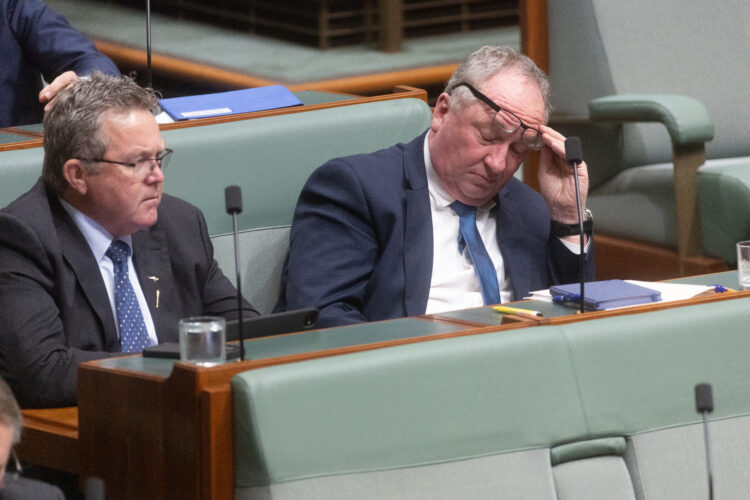Remember when they promised low gas prices?
New Australia Institute research shows gas exports have caused wholesale gas prices for Australians to more than triple and electricity prices to double since exports began in 2015.
When they were trying to get their gas export terminals approved, the gas industry promised Australians abundant gas, low gas prices and endless economic benefits.
None of it was true.
Instead, we’ve had rolling gas shortages, skyrocketing gas and electricity prices, manufacturing closures and job losses, and a massive transfer of wealth from ordinary Australian households and businesses to foreign owned gas companies.
Successive federal governments have allowed the gas industry to export gas to the global sport market, instead of supplying Australians and let them price gouge for our own gas.
As of the latest published Australian Tax Office corporate tax transparency data, none of the big gas export projects exporting Australian gas form QLD have ever paid company tax despite making well over $100 bullion oncome exporting our gas.
Australians, you are being ripped off by foreign owned gas companies, aided and abetted by your governments.
There is a simple fix for this mess that the Australian Government can do any time: stop gas companies exporting our gas to the global spot market, and require them to supply Australians instead.
It’s that simple. It can be done tomorrow. It doesn’t need yet another inquiry or review, it doesn’t need another thousand pages of ACCC reports, and it definitely doesn’t need another consultation with the gas industry who seem to have completely captured our governments.
Approving new gas projects will do nothing. Weve seen gas production triple over the last decade while gas demand in Australia has fallen, and we still have shortages and high prices, because additional supply just means additional exports. It’s a zero sum game for Australians.
The Australian government just needs the government to stop fawning to foreign owned gas corporations, and stick up for Australians.

